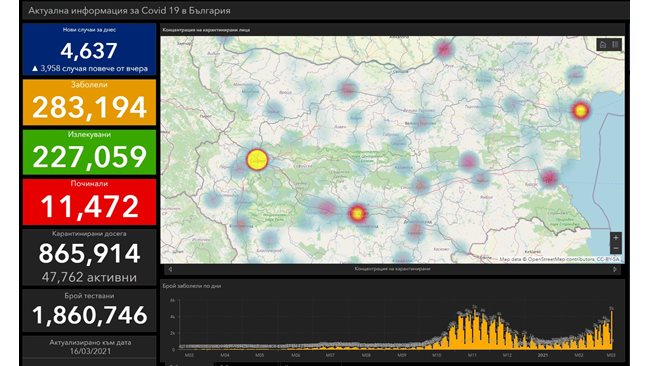Berlin / Stuttgart (dpa / lsw) – The AfD lost a third of its votes in the state elections in the southwest: a devastating result or a sign of normal development of a young party? Party leader Jörg Meuthen is sticking with the latter statement: After a meteoric rise under his top candidate for the 2016 election, the party is in a consolidation phase, he told the TV broadcaster Phoenix. In addition, there would be adverse circumstances in the election campaign. The AfD had slipped from 15.1 percent in 2016 in the election on Sunday to 9.7 percent. It lost its position as the third strongest force in parliament and is now in fifth place after the FDP.
Meuthen explained that the parliamentary group in the state parliament, which initially had 23 members, had parted ways with some “not politically capable” members. In the end, the group had shrunk to 15 members. Such a process is normal for a new party. With the 17 MPs who are now moving into the state parliament, he is confident that the parliamentary group will stabilize. Now there is material work to be done. The AfD is far from disappearing.
Top candidate Bernd Gögel, however, spoke of a fatal result for his party. He is worried that voters have defected from the AfD to the CDU, FDP and even to the Greens. And the non-voters became the strongest “party”. The motives of these groups would have to be investigated – “otherwise we will not recover,” he told the Phoenix broadcaster.
The majority of former AfD supporters, who had decided in favor of a different party in the state elections on Sunday, gave their vote to the CDU this time, according to the election experts from Infratest dimap for the ARD. But tens of thousands also switched to the FDP, the Greens, the SPD and many smaller parties. In its strongholds of Pforzheim and Mannheim Nord, the party lost the direct mandates it had won in 2016 to the Greens.
However, the AfD has probably also suffered from the fact that it did not play into the criticism of the corona management in the state and federal government: According to political scientist Ulrich Eith, the AfD has not benefited from dissatisfaction with the corona policy. “It has not been able to generate votes for itself from this issue in the same way as from the increasing number of refugees in 2016,” the election researcher from the University of Freiburg told the German Press Agency on Monday. “The AfD is very dependent on certain issues such as migration and asylum policy.”
Meuthen and Gögel, who had only been chosen as the top candidate for the state elections in the fourth attempt, pointed out that election campaigners had been exposed to aggression at the stands. Gögel: “That was no honey licking.” Meuthen said that people stayed away out of fear. Other popular major events were also not possible due to Corona. “That really messed up the election campaign,” said Meuthen.
Political scientist Eith is convinced that the unclear course between a conservative, national-liberal party in the democratic spectrum and right-wing extremist currents also has a negative impact on the party. “It is not clear who will prevail.” In West Germany, the AfD’s distancing from the far-right fringe plays a bigger role than in East Germany. “That puts the party in a mess,” said the expert.
Meuthen described the “dubious work” of the Federal Office for the Protection of the Constitution a few days before the state elections as extremely harmful. The classification of the AfD as a suspected case by the office, against which the party initially successfully took legal action, frightened the bourgeois voters. It just stuck: “They are under observation.” In Eith’s words, this may have contributed to the poorer result. “But that is not the central point.”
© dpa-infocom, dpa: 210315-99-830675 / 5
– .


